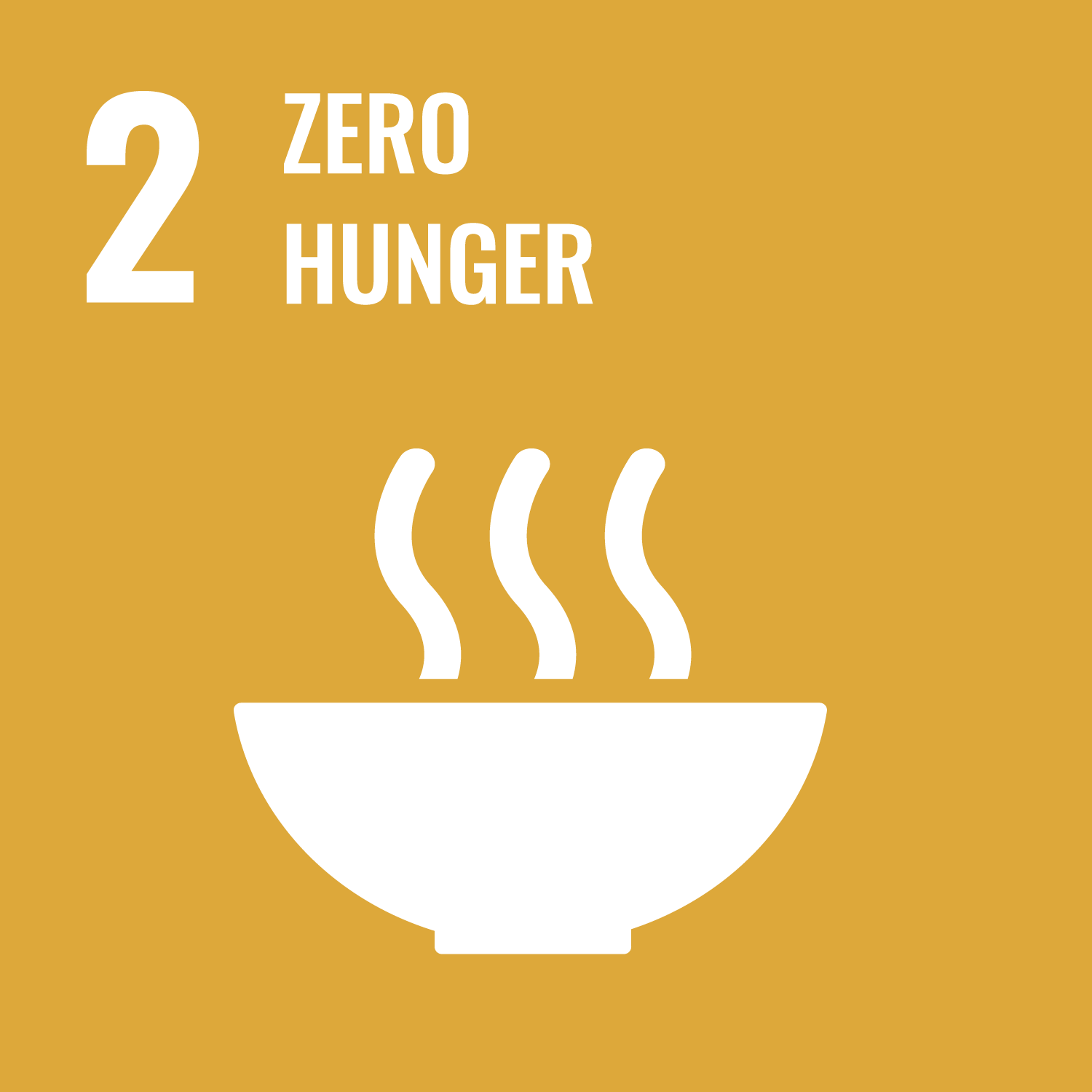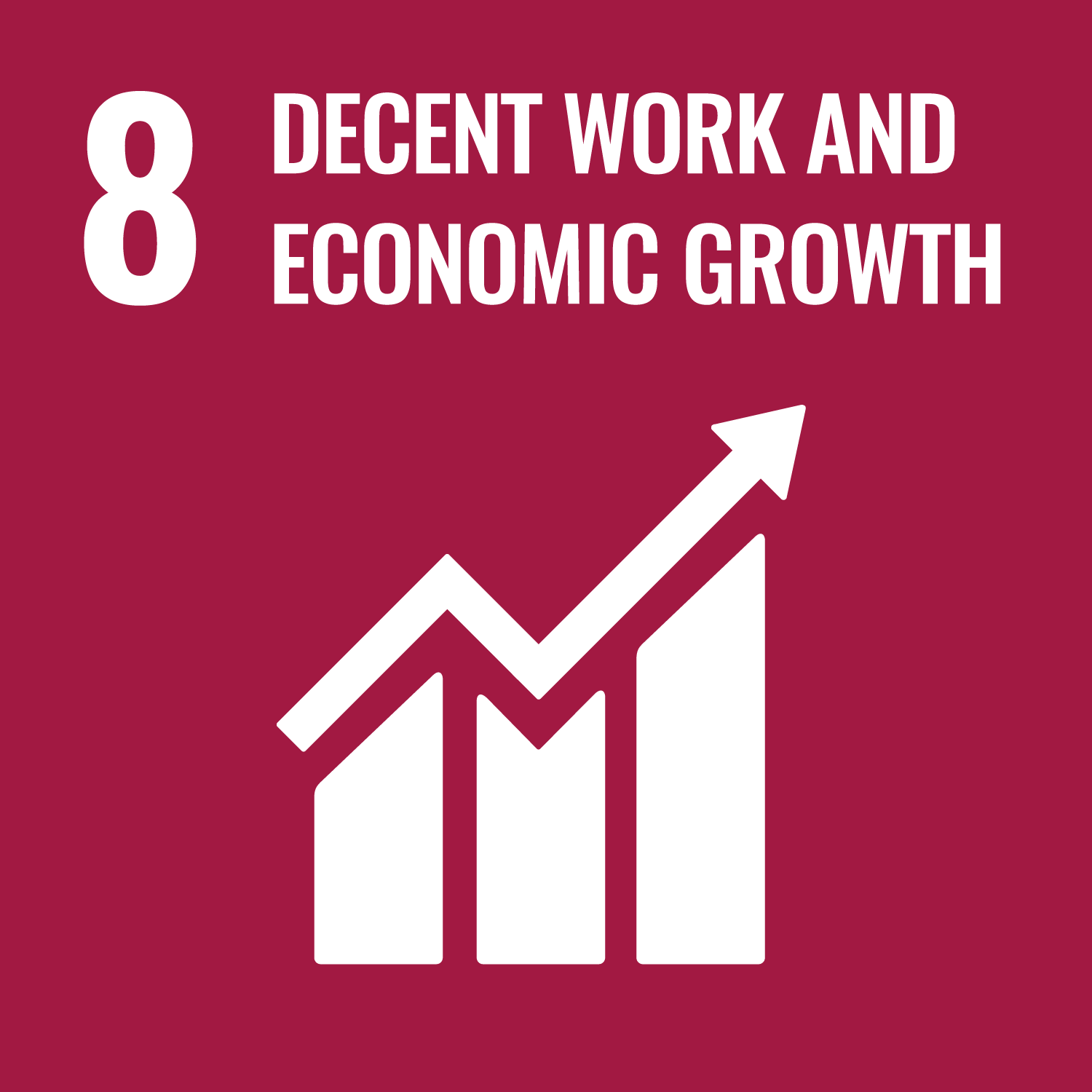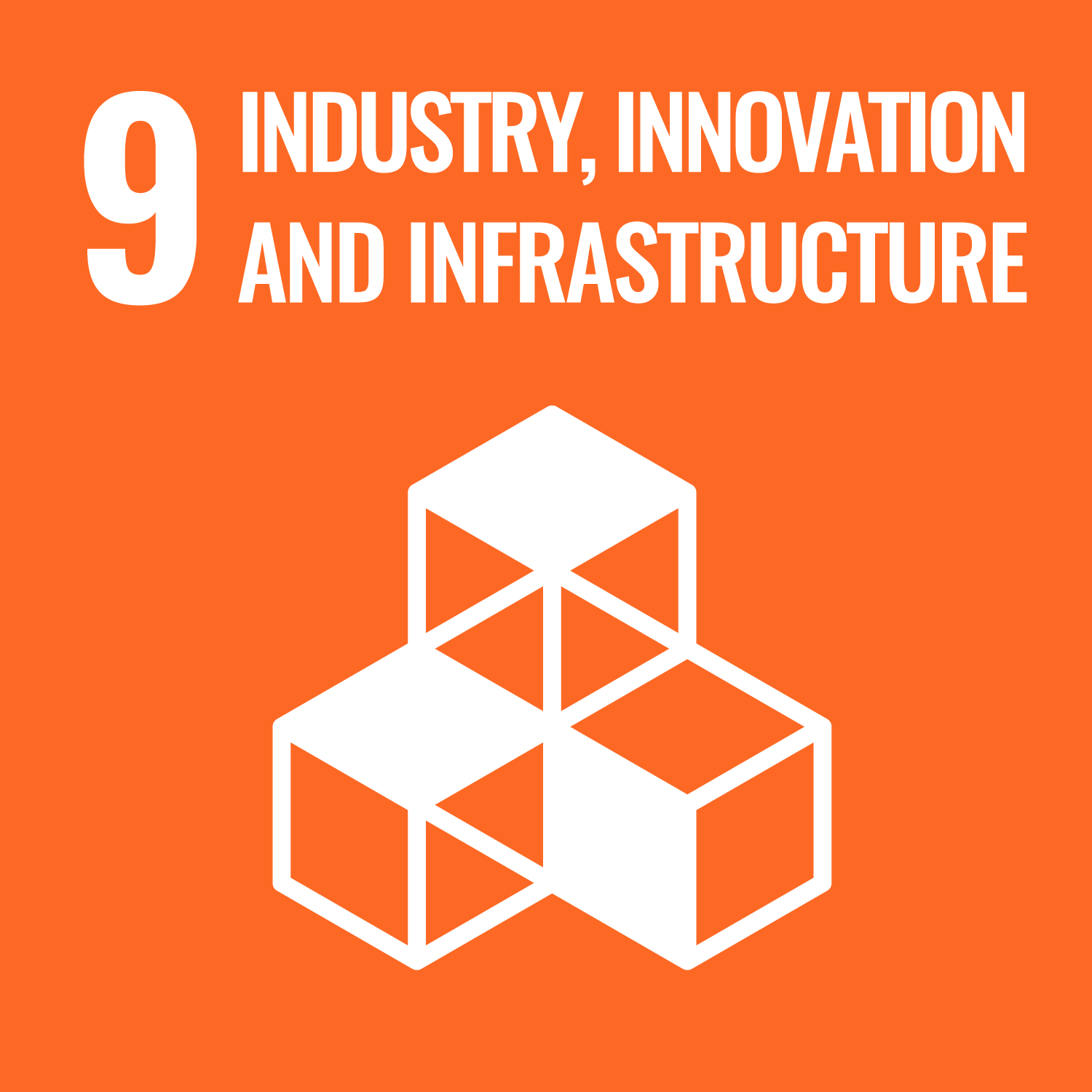Toward Industrial Development and Job Creation in Africa: Youth and Gender Perspectives



2024.06.12
-

- Shimokawa Takao Director General Economic Development Department
On March 11, 2024, JICA Ogata Research Institute hosted a knowledge forum by Professor Joseph E. Stiglitz, entitled “The Future of Employment in a Changing Global Economy”. The discussion centered on Africa, where the average age is currently about 18 years old compared to the world average of about 30 years old. The young demography indicates that the African population is expected to reach 4 billion, account for about 40% of the world by 2100, posing challenges how to create decent works for all on the continent. Professor Stiglitz has long pointed out that the manufacturing industry's ability to absorb jobs is declining due primarily to technological innovation, therefore it alone is insufficient to create jobs at the rate of population growth in Africa. In the presentation of the forum, Professor Stiglitz pointed out that the strategies for industrial promotion and job creation in Africa should (1) be multi-sectoral, including agriculture and services, (2) be based on a multilevel approach involving markets, nations, and regions, and (3) promote Learning, Industrial, Technology (LIT) policies. It was also noteworthy that he also asserted that (4) the agricultural and non-agricultural sectors need to grow together from population growth and food security perspectives.
Of course, this is by no means to say that there is little prospect for manufacturing in Africa. For example, Chapter 10 of Professor Keijiro Otsuka's “Development Economics of Innovation and Development(in Japanese)”states that there are burgeoning industrial clusters across the African continent, from the shoe industry in Ethiopia, the metal processing industry in Ghana, the apparel industry in Tanzania and more. Through the many years’ empirical studies, Professor Otsuka points out that technology transfer through foreign direct investments as well as Kaizen approach -technology and management training mechanism- promoted by JICA would be effective in order to improve its quality and competitiveness. As globalization trends changes due to geopolitical tension rises, we may wonder if it may be even more difficult for Africa to attract investments and foster export-oriented manufacturing industries, which successfully transformed societies in many Asian countries by relocating cheap and abundant labor forces from rural to urban areas. In fact, data shows that economic growth in Sub-Saharan Africa is already being led by the service sector (Figure 1: World Bank Africa's Pulse, April 2024).

Figure 1: Sub-Saharan Africa Economic Growth Projections
Professor Stiglitz’s “multi-sectoral and multi-level approach for industrial promotion and job creation in Africa” may be paraphrased as following steps: (1) policy consideration that lead to human resource development, industrial investment and promotion, and technological innovation at sector level (agriculture, manufacturing, service, etc.) (2) country-level coordination among those sectoral policies into a consolidated multi-sectoral development strategy, and (3) formulation of a regional strategy that encompasses regional market settings. This is no easy task, and donors, including JICA, will need to overcome sectoral disintegration and country-by-country aid approaches. In this regard, the African regional “corridor development” concept that JICA has been advocating resonates with Professor Stiglitz's point. That corridor approach can be further strengthened by incorporating digital transformation (DX) and green technology, not only in infrastructure development support, but also in institutional development support that contributes to the promotion of the African Continental Free Trade Area (AfCFTA). These approaches will be conducive tocreating industrial value-chains that links the countries and multi-sectoral industries located alongside the corridors.
In terms of impact on other sectors, there is a viewpoint that improving access to electricity with a focus on green technology may have spillover effects on other sectors in creating jobs in Africa. In a side event held on April 3, 2024 duringthe World Bank-IMF Spring Meeting, World Bank President Ajay Banga identified (1) energy infrastructure, (2) transportation infrastructure, (3) healthcare, (4) tourism, and (5) agribusiness as the five sectors in that order that can lead job creation in Africa over the next decade. Given the fact that 600 million people in Africa still do not have access to electricity, the World Bank and African Development Bank launched a new initiative to provide support to 300 million people by 2030, with a aim for impacting on development of other sectors.
At COP28 in Dubai in December 2023, there was also an initiative launched by President Ruto of Kenya to promote industrial development in Africa based on green technologies, especially in the energy and infrastructure sectors. In his remark at the above-mentioned forum at the JICA Ogata Institute, Professor Stiglitz also pointed out that the decentralized nature of green technologies, such as off-grid electrification, can be advantageous in the vast African continent. Green technologies may unleash the potential of job creations in both agricultural and non-agricultural sectors in Africa, such as agribusiness and tourism, by increasing agricultural productivity and resilience toward climate impacts. JICA would like to further develop its support efforts under the Global Agenda for Agriculture and Rural Development, aiming for synergy between agriculture (SHEP and CARD) and private sector development (Kaizen and NINJA (start-up ecosystem development)).
Unleasing potential of women can accelerate the industrial development and job creation in Africa. According to the IMF report in April 2024 on economic development and gender in Sub-Saharan Africa, the labor participation rate of women aged 15 and above in Sub-Saharan Africa is 60-65%, which is remarkably high compared to 45-55% in other developing regions except Middle East and Central Asia, indicating that women have traditionally played an important role in economic activities (Figure 2: IMF, April 2024).

Figure 2: Labor Participation Rate of Women 15 Years and Older
On the other hand, gender inequality indicators in Sub-Saharan Africa are muchworse to other developing regions (Figure 3: IMF ibid.).

Figure 3: Women's Inequality Index (0 to 1)
The Gender Equality Strategy of African Union (AU), currently preparing its implementation plan, focuses on maximizing opportunities for women in education and employment, as well as on gender promotion including the prevention of violence against women. With its historically high labor participation rate, empowering women in sub-Saharan Africa will no doubt promoteits industrial developmet and job creation.
In terms of the percentage of employment by sector, Sub-Saharan Africa has a high female employment rate in agriculture (Figure 4: IMF ibid.), indicating that improving the quality of employment and strengthening the capacity of women needs to focus on the sector.

Figure 4: Employment Rates of Men and Women by Sector in Each Region
JICA has been supporting “Kilimanjaro Agricultural Engineer Training Center Phase 2” in Tanzania, in which we incorporated a gender perspective to promote understanding and participation of both men and women engaged in agriculture to solve problems in teaching rice farming techniques. Dr. Jiro Aikawa, Senior Advisor for Agriculture and Rural Development of JICA, served as the chief advisor of the project. Based on his experience he later developed the SHEP approach, in which gender mainstreaming -men and women farmers work together as partners in farming and management through gender and household training- is one of critical steps toward small farmer empowerment. In the area of private sector development, JICA also conducted a project study “Research on Gender Smart Business Promotion.” With its findings, we aims to promote business activities are conducted from a gender perspective, and intends to incorporate these perspectives into future Kaizen and NINJA activities in Africa.
scroll